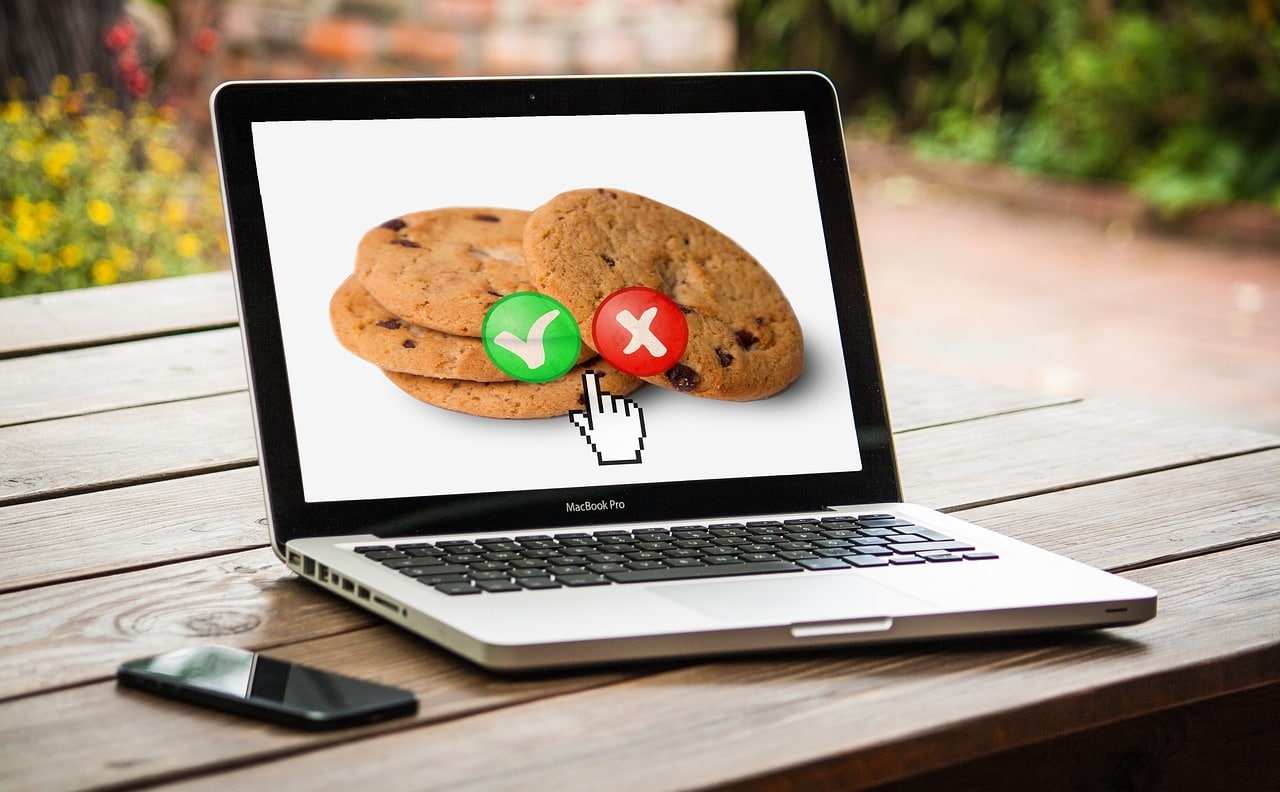
Cookies can be prepared at home or purchased at candy and pastry shops.
Cookie is a notion that belongs to the English language and can be translated as "cookie" . In our language , the term can be used in the field of gastronomy or related to the Internet.
Its gastronomic use, of course, is not essential, since it can refer to a cookie , biscuit or sponge cake . Therefore, using the English concept makes no sense. In any case, for reasons of style or idiosyncrasy, sometimes we talk about chocolate cookies , lemon cookies , oatmeal cookies , orange cookies , shortbread or butter cookies , etc.
Characteristics of a cookie
Although there are countless cookie recipes, like almost any other dish that has achieved a certain popularity worldwide, one of the characteristics that usually stands out about its appearance is its sandy consistency . At first glance, therefore, it does not look rigid or soft in texture, but rather easy to chop and with a porous surface .
Depending on each person's tastes, this makes them especially tempting, since they are easy to eat and allow you to enjoy their flavor and that of the other ingredients, such as chocolate chips, almonds, hazelnuts or raisins.
Its preparation
To make cookies, you must mix the ingredients (which may include, among many others, sugar, cocoa, cinnamon, vanilla extract, flour, milk and egg), and you can use a mixer if necessary. Once the dough is obtained, you can use a rolling pin to flatten it and then cut it into the desired shape.
The next step is to place them on a baking tray to precisely bake them . The usual thing is to use the oven at medium temperature. Once cooking is complete, the cookies must cool before consuming them for breakfast or snack or as dessert .

A cookie or butter cookie can contain sprinkles, also called nuggets or sprinkles.
Use of the cookie concept on the Internet
In the context of technology , a cookie is a file that is sent by a website and stored in the web browser of the person who is using the Internet. This file allows the site to track activity that was previously performed in the browser.
Thanks to a cookie, the user's browsing history can be known. Therefore it implies, in a way, a violation of the individual's privacy . This causes many sites to warn about these issues and ask the Internet user for their consent to cookies, approving or rejecting them: this warning is even mandatory in some regions.
Beyond the issue of privacy policy , cookies are useful to remember access to a service. When the site "discovers" that the user registers a previous visit, it can present them with personalized ads or recognize their username and password, for example.
It should be noted that the person has the possibility of accepting cookies or rejecting cookies, ignoring them from the browser settings or using a cookie blocker. You can even delete them once accepted. Furthermore, as we already mentioned, currently in certain places it is mandatory to offer the individual the possibility of accepting only some of the cookies - those that meet their privacy or security needs -, rejecting those that would not provide them with any benefit. This happens with the European Union ( EU ) Cookies Law .

Internet privacy regulations usually focus on how cookies work.
Classification according to type
Until not long ago, we talked about cookies in general, without delving into their classification. However, since today the user has a significant degree of control over the storage and management of their personal data, websites present them in detail, explaining the type and function of each one. Broadly speaking, the first distinction can be made between temporary and permanent ones.
Their names are quite clear: the temporary ones are deleted once we leave the site; Persistent or permanent cookies, on the other hand, persist indefinitely or for a few months, as they may include an expiration date. Another classification differentiates between own cookies (created by the site itself) and third-party cookies (requested by others, generally service companies).
The cookies that we cannot deactivate if we want to stay on a site and take advantage of its features are technical ones. Among its utilities are traffic control, security management in purchasing processes and storage of user preferences for sharing data on social networks.
There are other types of cookies that facilitate the user experience across all the sites you visit: preference or personalization cookies . For example, language, favorite browser or geographic location.
Functionality cookies , analytics cookies , advertising cookies , performance cookies , session cookies and secure cookies are other types of cookies. Each note that certain files can be part of more than one set (the same cookie can be its own and functional, to mention one possibility).
